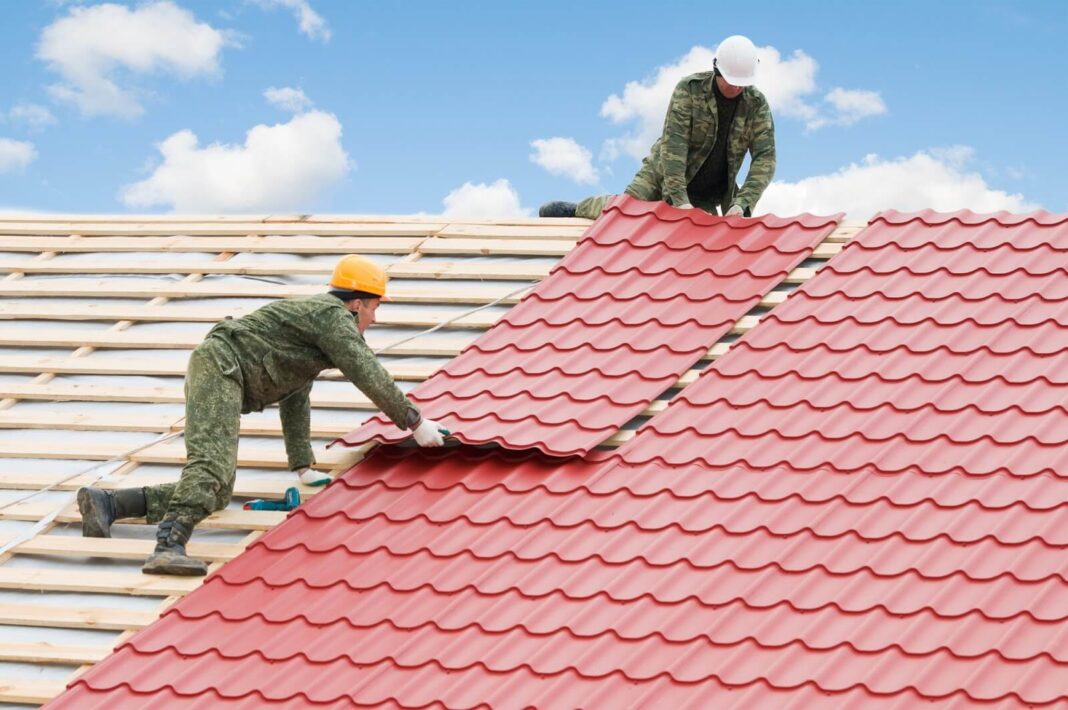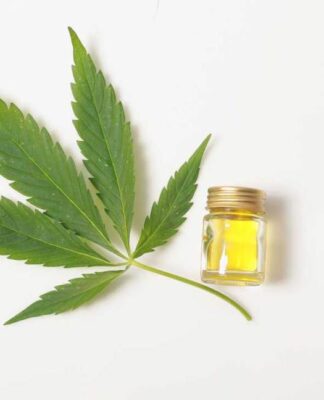One of the most important structural requirements of any building is a watertight roof.
Ponding water on your industrial roof can lead to sagging, vegetation growth and frequent roof leaks. If you have noticed ponding water on your roof that does not drain or evaporate after 48 hours, you should ask industrial roofing contractors to perform an inspection.
One of the best ways to avoid ponding water on your flat commercial roof is a liquid applied roofing system.
In this blog, we’ll discuss the types of liquid applied roofing system and their benefits.
What is liquid applied roofing?
Liquid applied roofing systems are advanced rubber-like coating materials that are applied in liquid form to commercial and industrial roofs, providing a seamless, waterproof barrier.
Types of liquid applied industrial roofing system
There are three types of liquid applied roofing – Polymethyl methacrylate, polyurethane, and silicone.
Polymethyl methacrylate – Otherwise known as PMMA, this is the fastest curing liquid applied membrane roofing on the market – taking around 30 to 40 minutes. It is highly durable, and can be applied at any time of year due to its resistance to extreme temperatures.
Polyurethane – This has many similar advantages to PMMA liquid applied roofing, including a fast cure time and ease of patching. Polyurethane liquid applied roofing typically causes less wastage, but has temperature limits for application, so planning of installation is key.
Silicone – Whilst this liquid applied roofing system has similar advantages to both PMMA and polyurethane, it has a strong odour that limits its applications in certain environments, such as hospitals and schools.
What are the benefits of liquid applied roofing systems?
Liquid applied roofing systems are a hugely popular solution to protect commercial and industrial premises from the elements.
Here are some of the benefits of a liquid applied roofing system:
Versatile – Can be applied to flat, pitched or domed roofs, and used on a range of materials.
Ease of installation – Liquid applied roofing is much easier to install than other roofing solutions. It cures quickly, meaning little disruption for your business, and it can be applied in any weather.
Safe – The application process is also safer than many other roofing systems because it can be applied without any hot works – posing no risk of fire.
Cost effective – As liquid applied membrane roofing requires much less maintenance than other solutions, such as traditional felt and single-ply membrane, it is a much cheaper option in the long term.
Long lasting – Another reason that liquid applied roofing is so cost effective is because it lasts for such a long time. This is partly thanks to its high resistance to UV degradation.
Speak to an expert about liquid applied roofing systems
Roofing Consultants Group are industrial roofing contractors with over 100 years of experience in repairing, replacing, and maintaining commercial and industrial roofs. They are highly skilled in installing a range of liquid applied roofing systems in polyurethane and PMMA compositions.
For advice on choosing the best liquid applied industrial roofing system for your needs, contact their knowledgeable team today.

















